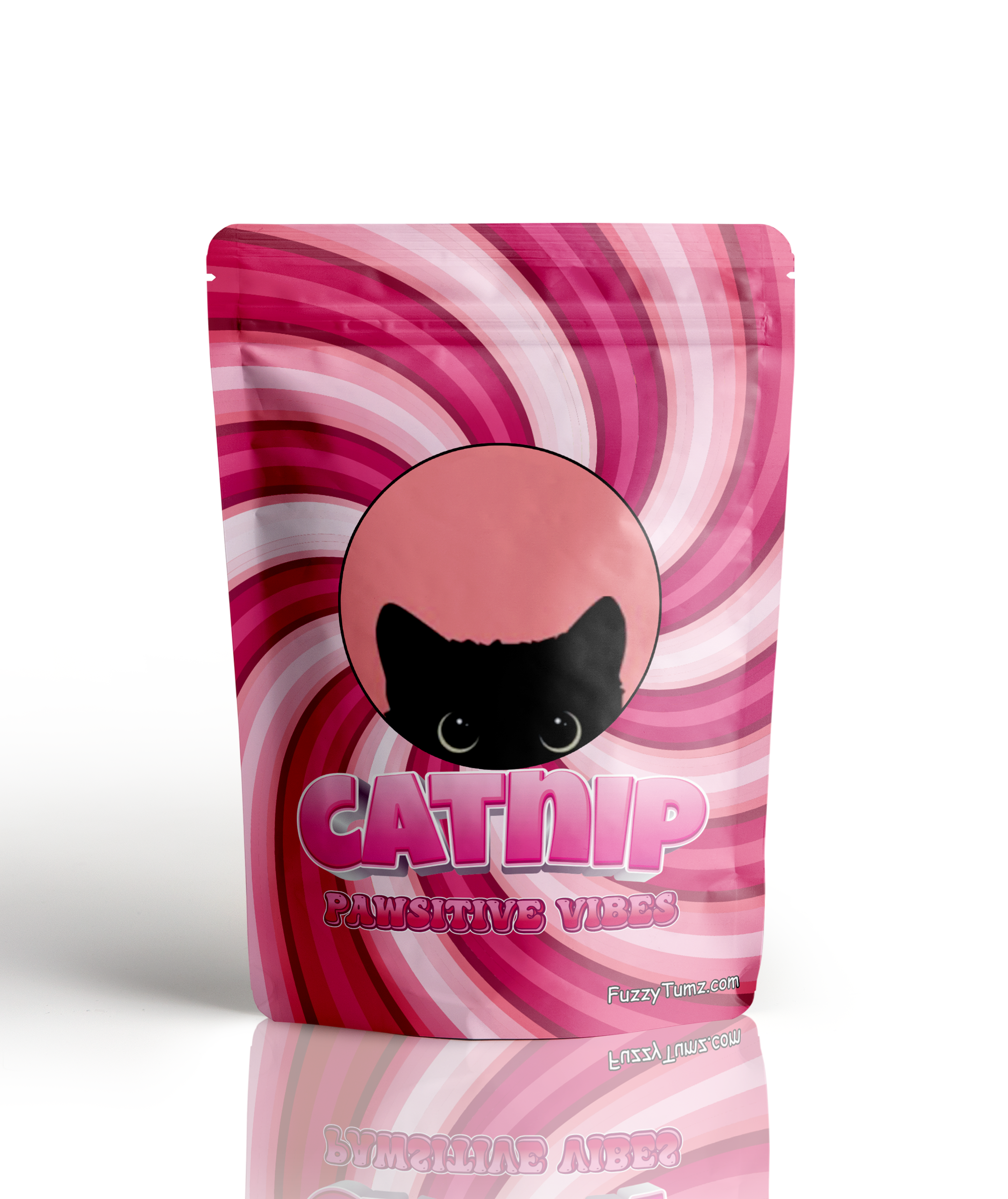Home » Cat Plants » What Makes the Easter Rose Plant Dangerous for Cats?

The Easter Rose, also known as the Lenten Rose or Helleborus, is a beautiful flowering plant that blooms in late winter to early spring. While its delicate petals and vibrant colors may be appealing to humans, it is important to note that the Easter Rose is highly toxic to cats. This plant contains several poisonous compounds, including protoanemonin, bufadienolide glycosides, and Veratridine, which can cause severe health issues if ingested by felines.
Easter Roses are commonly found in gardens, as potted plants, and in floral arrangements, making it crucial for cat owners to be aware of the potential dangers.
Ingestion may cause mild gastrointestinal upset, but is generally not life-threatening.
Ingestion can result in mild symptoms like vomiting, diarrhea, or drooling. Rarely fatal but may require veterinary care.
Eating these plants can lead to more pronounced symptoms like abdominal pain, lethargy, or difficulty breathing. Veterinary intervention may be necessary.
Ingesting even small amounts can cause severe symptoms like organ damage, seizures, or cardiac failure without rapid treatment.
All parts of these plants are extremely poisonous to cats and can quickly lead to death, even with immediate veterinary care.
** Please note: Please note that toxicity level can vary based on the amount ingested and the specific cat. It's always best to keep these plants completely inaccessible to cats and seek immediate veterinary care or call the poison hotline if you suspect your cat has ingested any part of a toxic plant.
If a cat has ingested any part of the Easter Rose plant, they may experience a range of symptoms due to the toxic compounds present. These symptoms can include:
In severe cases, ingestion of Easter Rose can lead to kidney failure and even death. It is crucial to seek immediate veterinary care if you suspect your cat has consumed any part of this plant.
If you suspect your cat has ingested Easter Rose, it is essential to contact your veterinarian immediately. Your vet will likely follow these steps to diagnose and treat your cat:

A: Yes, cats can be allergic to Easter Rose. Symptoms of an allergic reaction may include itching, sneezing, and skin irritation.
A: Yes, Easter Rose, also known as Helleborus, is toxic to cats. Ingesting any part of this plant can cause symptoms such as vomiting, diarrhea, and drooling.
A: Symptoms of Easter Rose poisoning in cats include vomiting, diarrhea, excessive drooling, abdominal pain, and lethargy. Immediate veterinary care is recommended if ingestion is suspected.
A: To prevent contact, ensure that Easter Rose is not present in your home or garden. Keep your cat indoors or monitor outdoor activities closely to avoid exposure.
A: If your cat ingests Easter Rose, contact your veterinarian immediately. Do not induce vomiting unless instructed by a veterinary professional. Immediate medical attention is necessary.
A: Yes, Easter Rose is commonly found in gardens and as an ornamental plant. It is important to ensure this plant is kept out of reach of cats to prevent accidental ingestion.
The Easter Rose, or Helleborus orientalis, is native to Greece and Turkey. Its name derives from the Greek words “helein” (to injure) and “bora” (food), referring to the plant’s toxic properties. In Greek mythology, the plant was associated with the goddess Melampus, who used it to cure the daughters of the king of Argos from madness.
The common name “Lenten Rose” comes from the plant’s tendency to bloom during the Christian season of Lent. According to legend, the Easter Rose sprouted from the tears of a young girl who witnessed the crucifixion of Jesus Christ.
In medieval times, the Easter Rose was believed to have magical properties and was used in various superstitious practices, such as warding off evil spirits and predicting the weather. Despite its toxicity, the plant was also used in traditional medicine to treat various ailments, although this practice is no longer recommended due to the high risk of poisoning.
Please note: The information shared in this post is for informational purposes only and should not be considered as veterinary medical advice.
